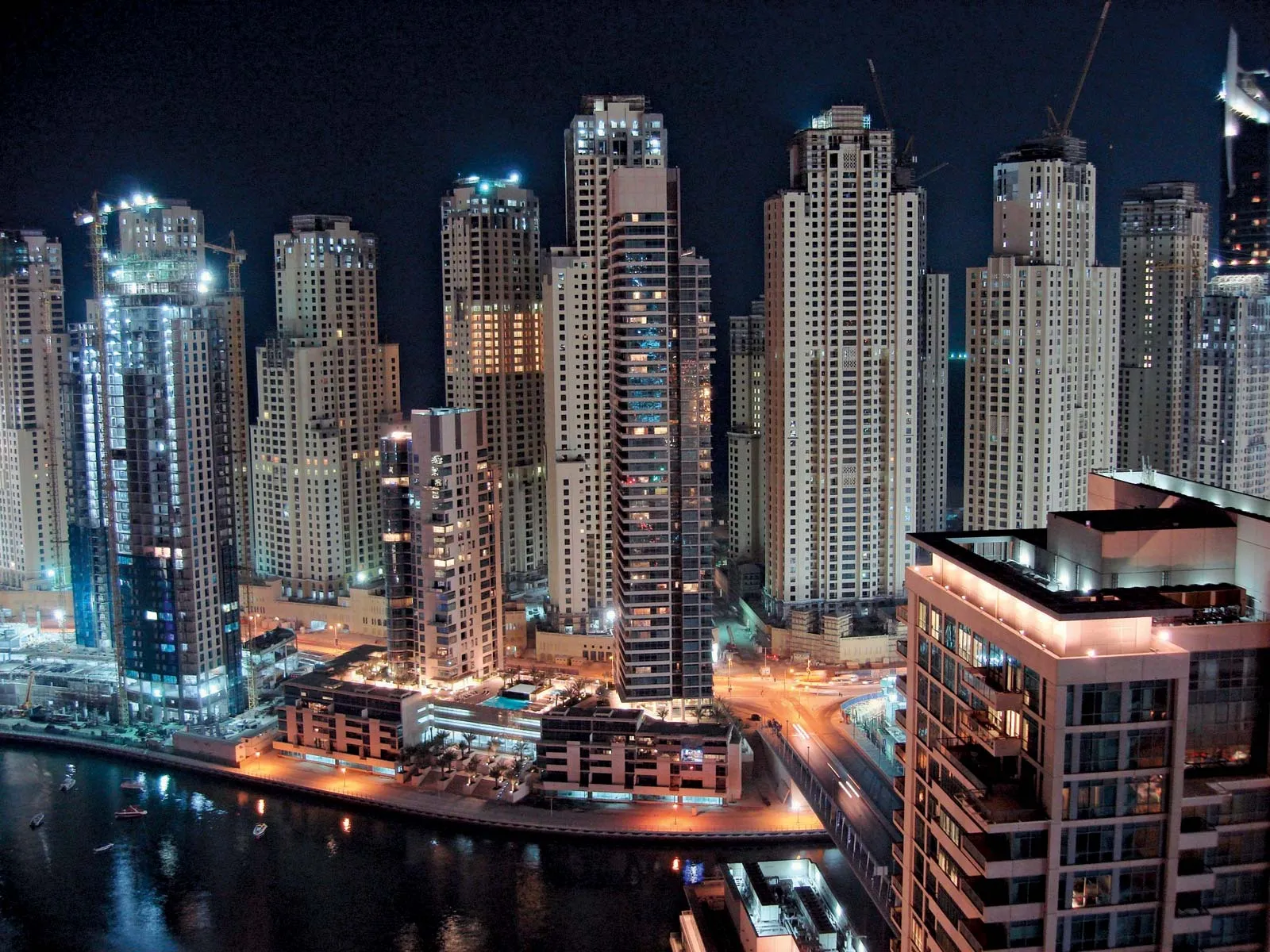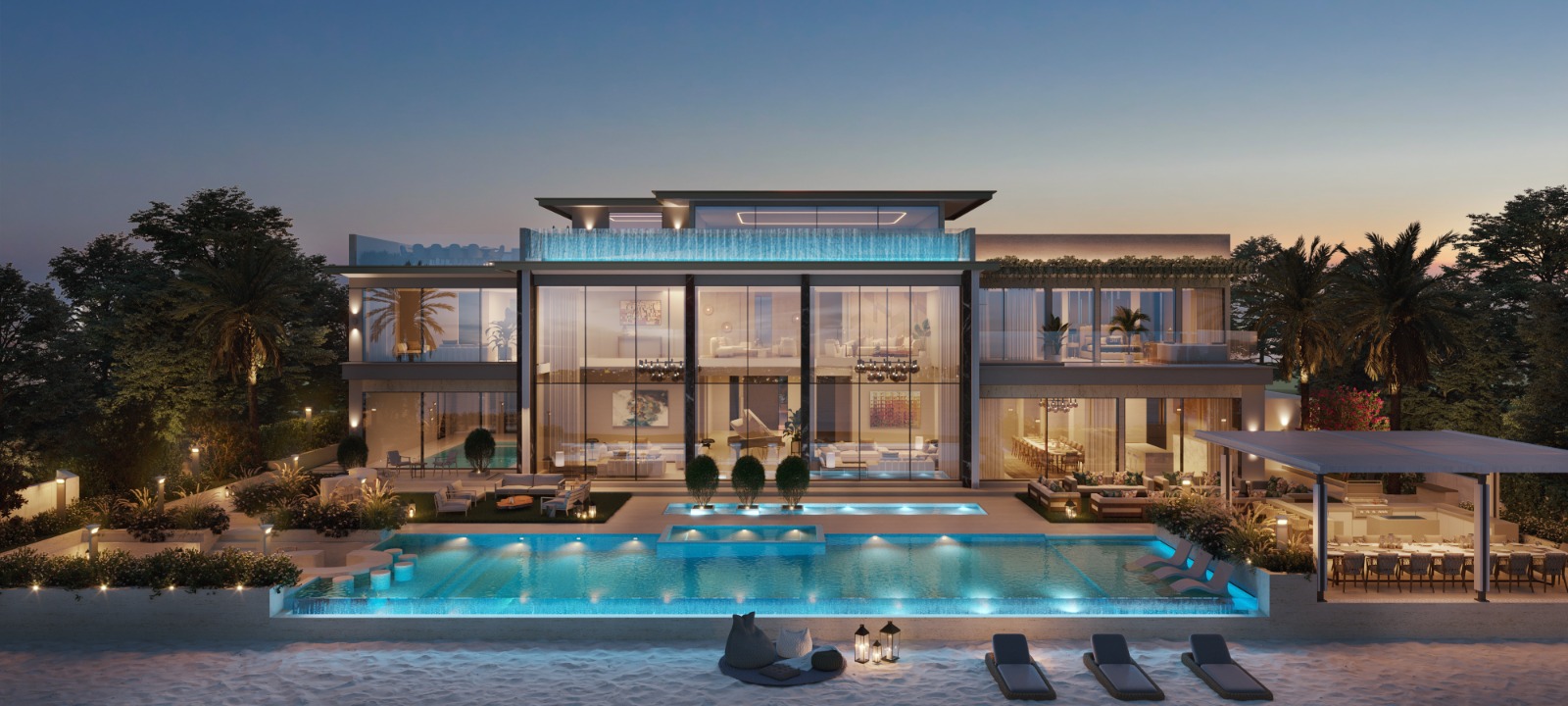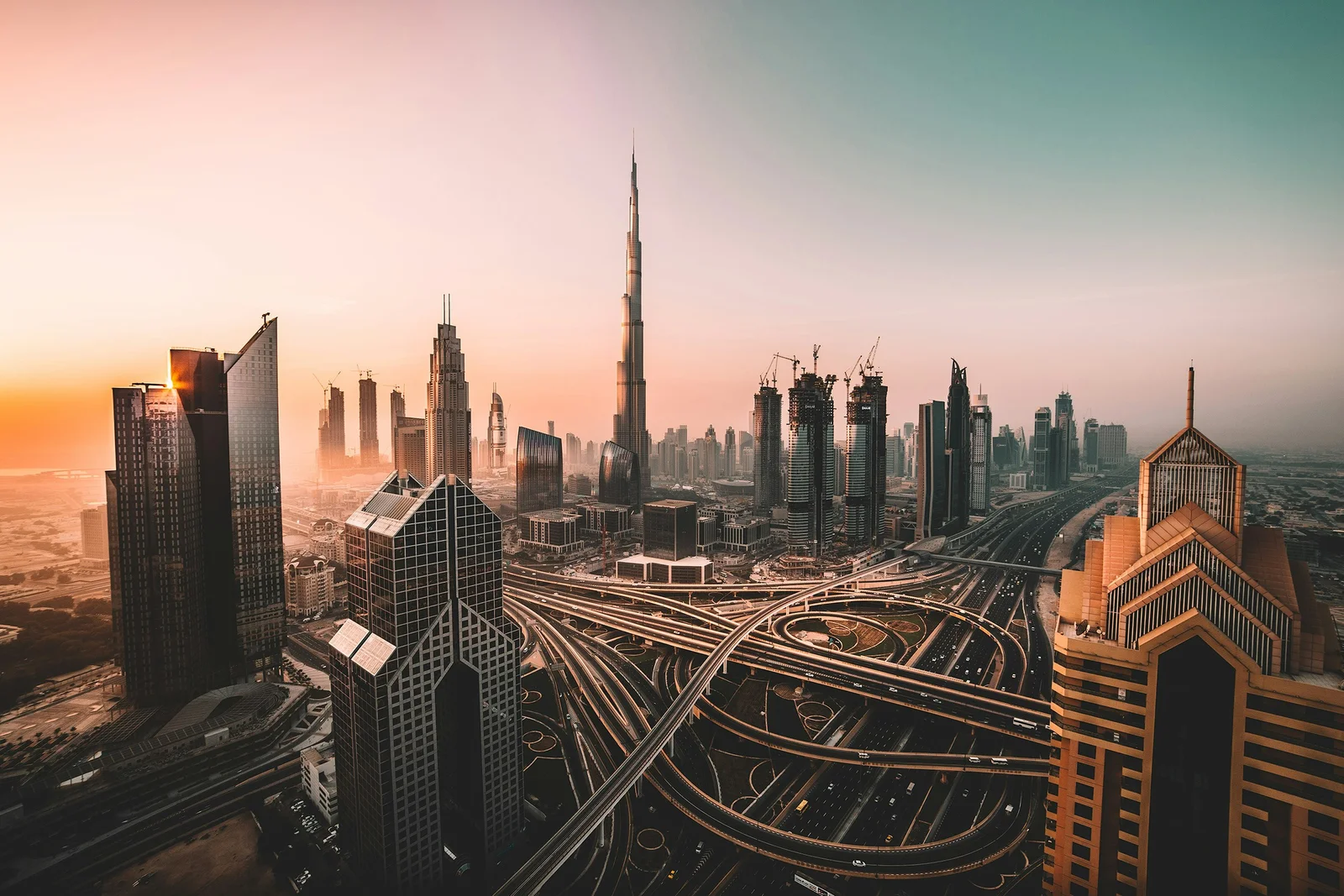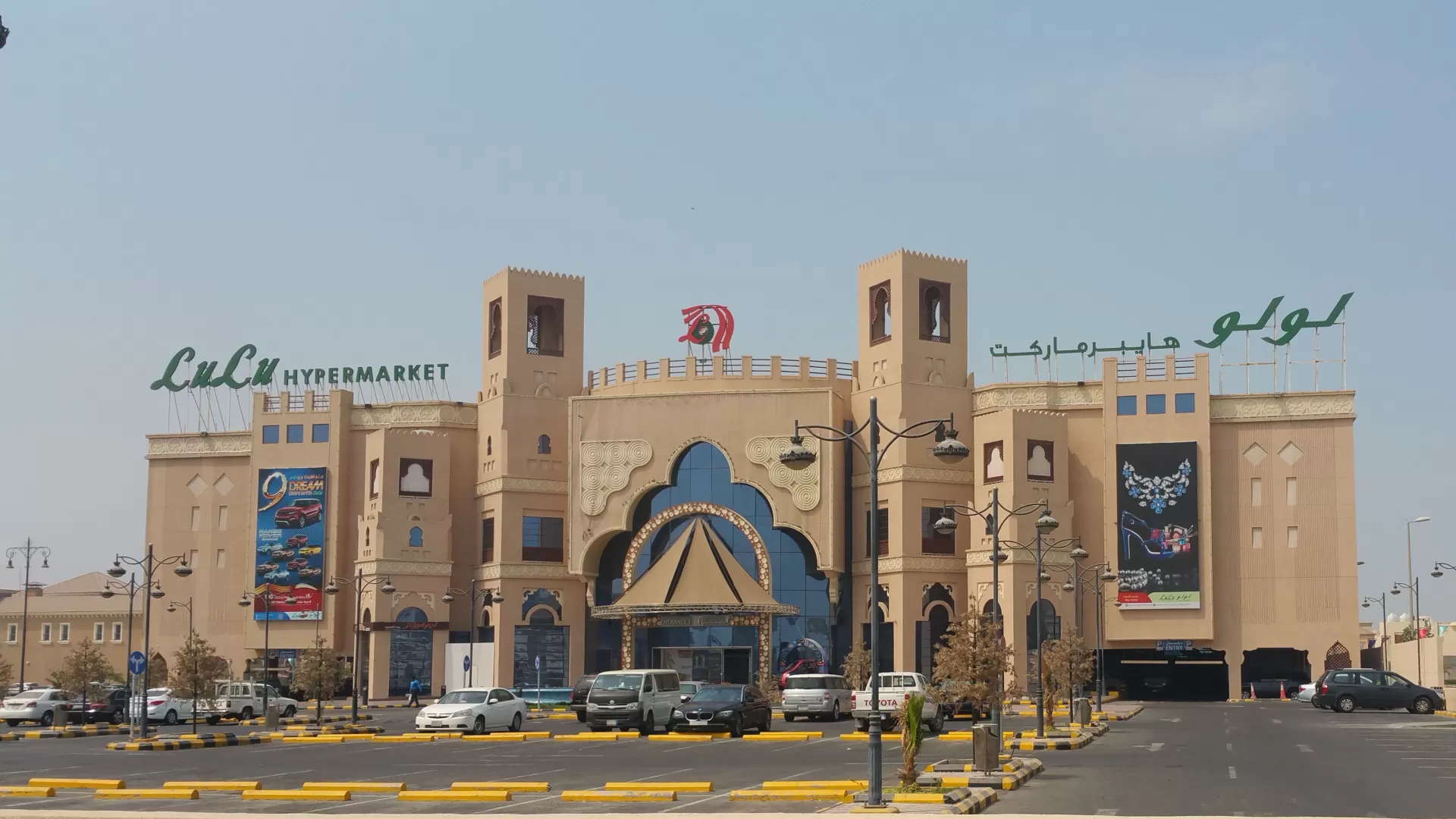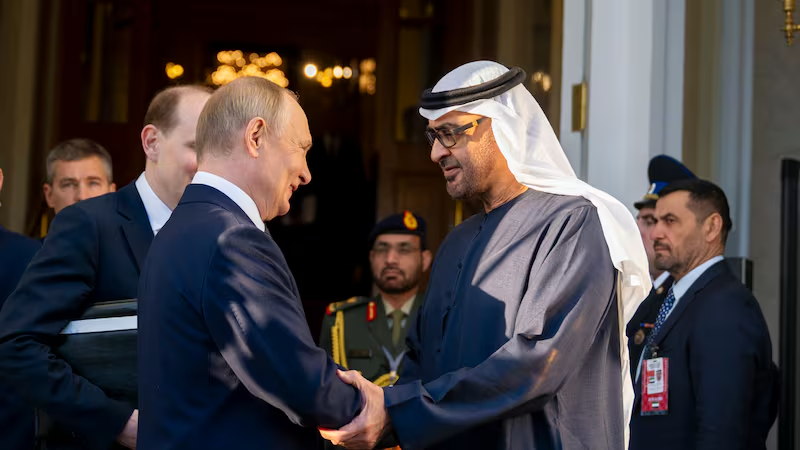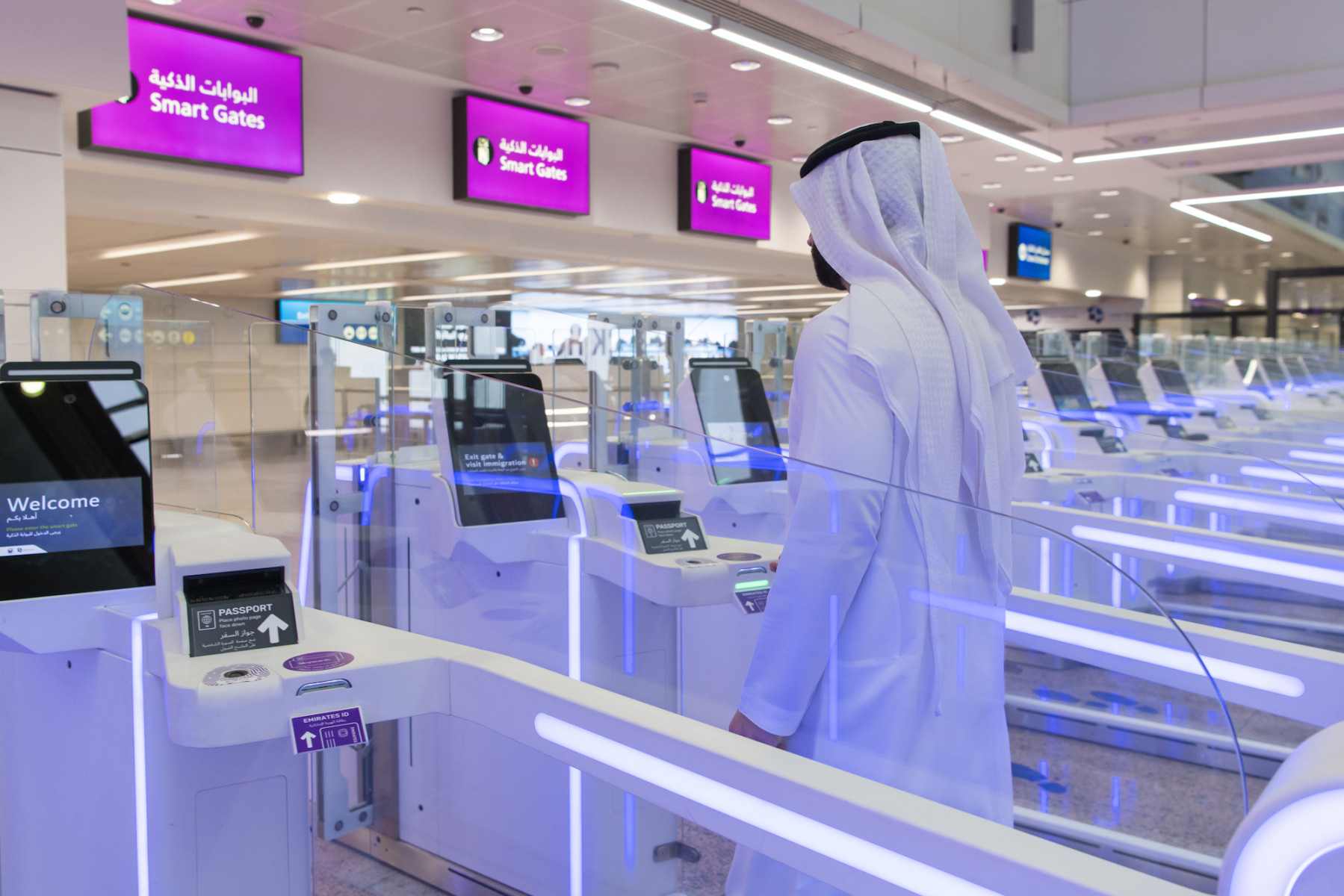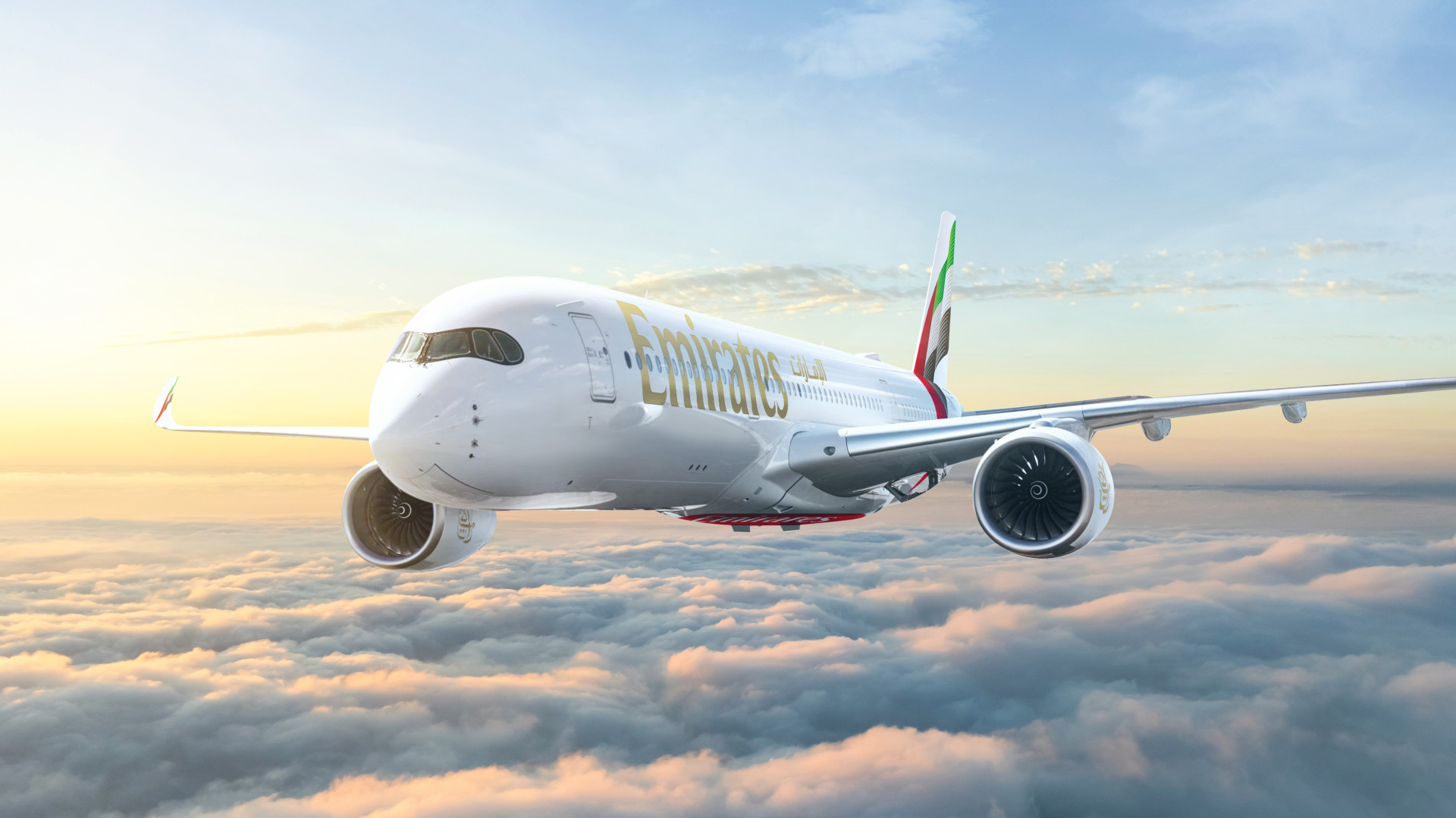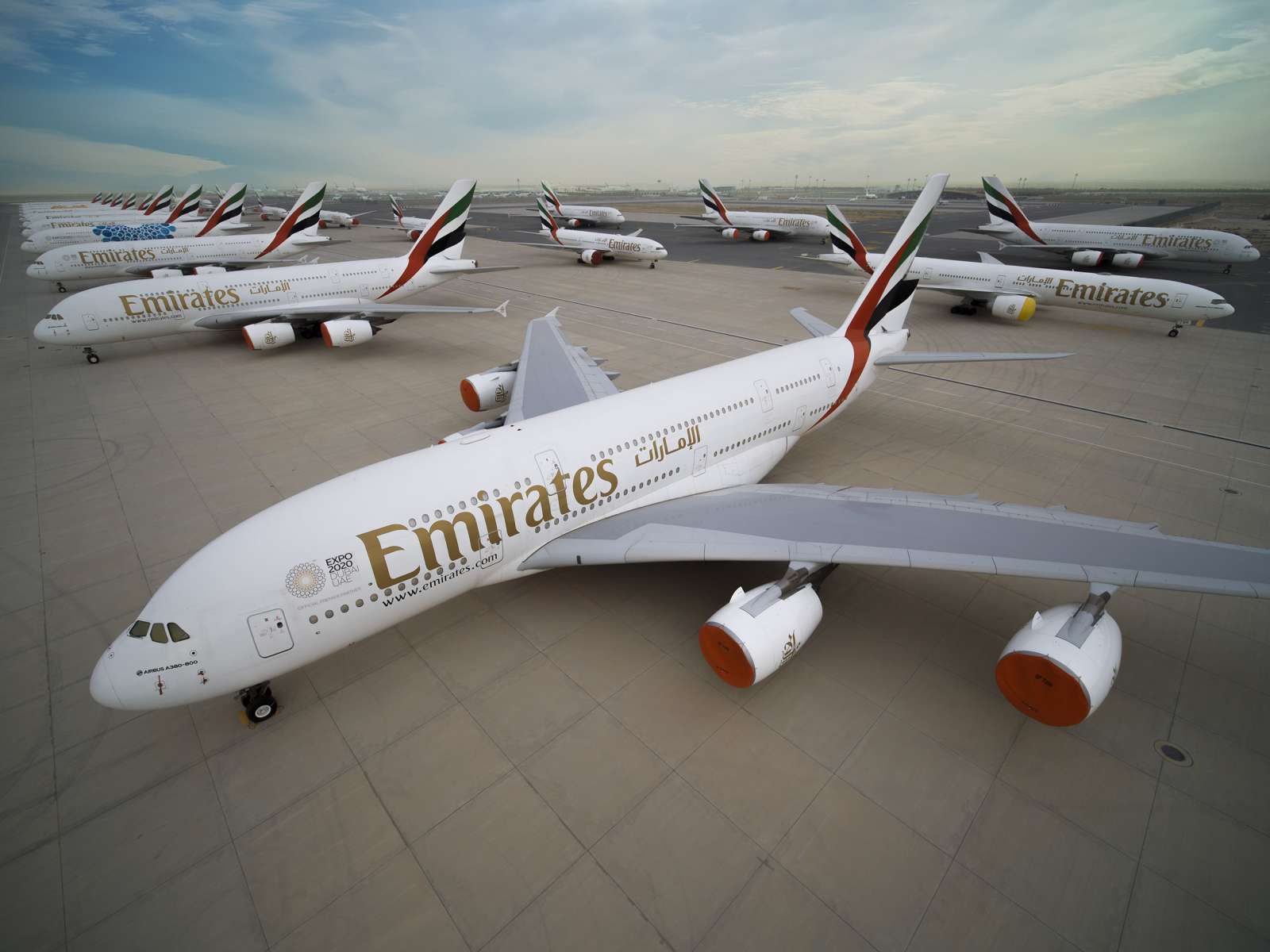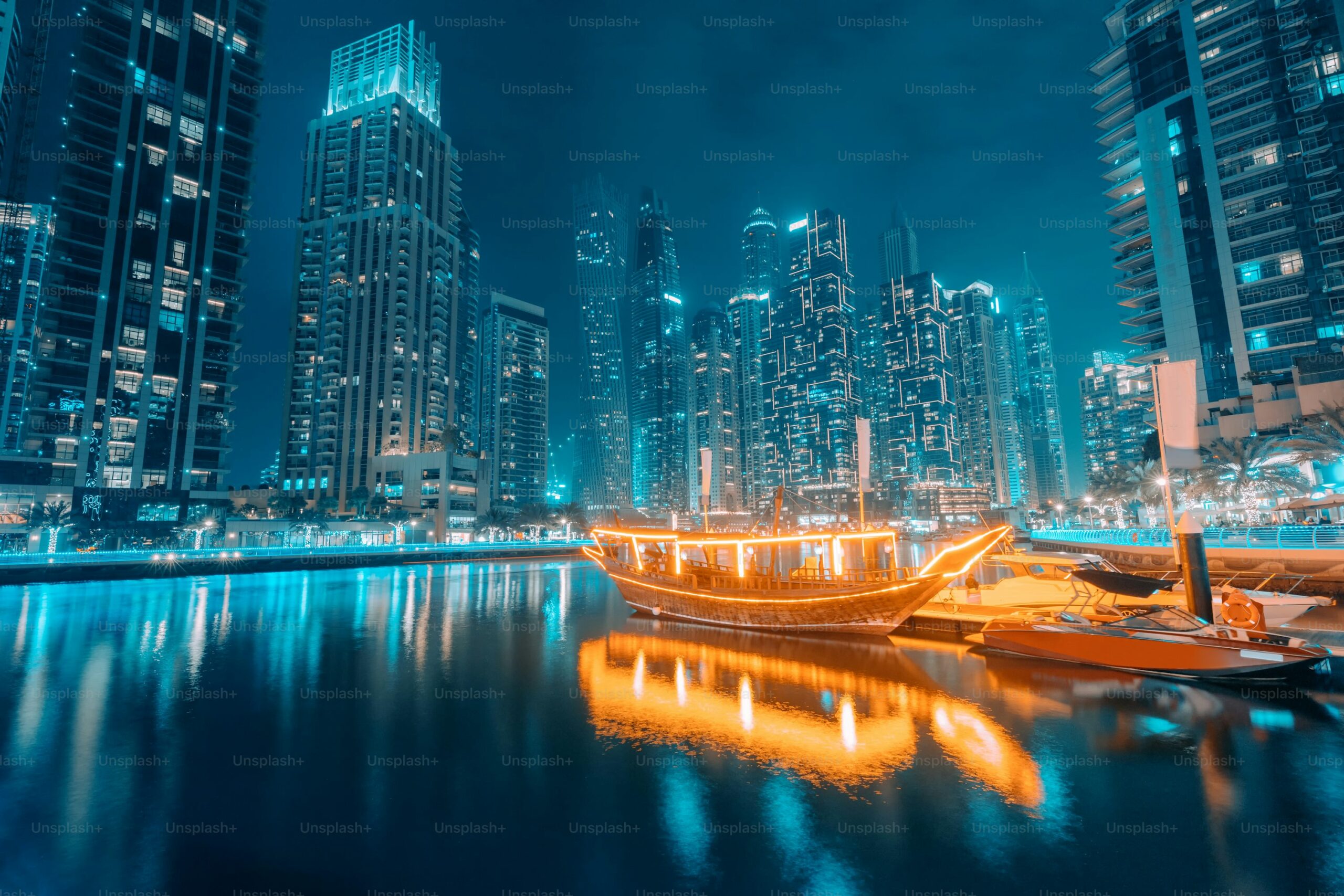UAE-based Emirates Airline has earned the distinguished title of “World’s Best Airline” in the Telegraph Travel’s comprehensive 2024 study. This evaluation scrutinized 90 international airlines, showcasing Emirates’ outstanding performance across more than 30 key service metrics.
The airline rose to the top following an extensive assessment that included data from over 18 independent international awards, passenger surveys, and expert evaluations. Important performance indicators such as punctuality, baggage handling efficiency, route network coverage, fleet modernization, and overall inflight service quality were taken into account.
According to the Telegraph Travel report, “Emirates ticks nearly every box,” reinforcing its dominant position in the global aviation landscape. The airline operates the world’s largest fleet of Airbus A380s, which has transformed passenger comfort across all cabin classes. These “superjumbo” aircraft are renowned for their spacious configurations, providing ample legroom even in economy class—a vital factor in today’s competitive travel market.
Premium travelers have special reason to celebrate, as Emirates’ premium economy service, available on 21 major international routes, has been recognized as “the best in the sky.” This service features meticulously designed leather seats with a generous 40-inch pitch, advanced entertainment systems, and exclusive dining options, including vintage champagne.
In business class, Emirates continues to stand out with its comprehensive door-to-door service, which includes the increasingly rare complimentary chauffeur transfers. First-class passengers are treated to what Telegraph Travel calls “the finest wine list of any carrier,” along with the unique luxury of onboard showers available on A380 flights.
This premium experience extends beyond the cabin, with access to over 34 dedicated airport lounges globally, including seven located in Dubai. Emirates serves 140 cities across 77 countries, showcasing its extensive route network. This remarkable connectivity, coupled with consistent service excellence, earned the airline top honors in Telegraph Travel’s reader poll, where around 30,000 participants named it the best long-haul carrier worldwide.
The year 2024 has already been remarkable for Emirates, having secured 19 major industry awards in the first half alone. Notable accolades include seven prestigious Skytrax World Airline Awards, recognizing excellence in various categories such as inflight entertainment and family-friendly services. The airline’s innovative ice entertainment system, offering over 6,500 channels in more than 40 languages, has consistently been praised for its diverse content and superior connectivity options.
Further validation of Emirates’ leadership came from the Business Traveller Middle East Awards, where it was named “Best Airline Worldwide,” along with awards for its premium economy class, first-class service, airport lounges, and frequent flyer program. The airline’s dedication to customer loyalty was also recognized at the International Loyalty Awards, where Emirates Skywards was honored as the “Global Loyalty Programme of the Year Middle East.”
Families traveling with Emirates benefit from the airline’s thoughtful service approach, which includes priority boarding, spacious seating configurations, and dedicated entertainment options for children. The airline pays special attention to unaccompanied minors and provides services for neurodivergent passengers, underscoring its commitment to accessible travel.
Emirates’ success is further complemented by technological innovations. AirlineRatings.com recognized the airline for its superior inflight entertainment and connectivity solutions, offering all passengers some form of complimentary Wi-Fi access to enhance their travel experience.
The methodology used in the Telegraph Travel study incorporates multiple independent sources, making it a reliable measure of airline excellence. As the air travel landscape continues to evolve, Emirates’ dedication to innovation, comfort, and service excellence positions it as a leader in the industry. This latest accolade as “World’s Best Airline” not only highlights current achievements but also points to a promising future for premium air travel.



